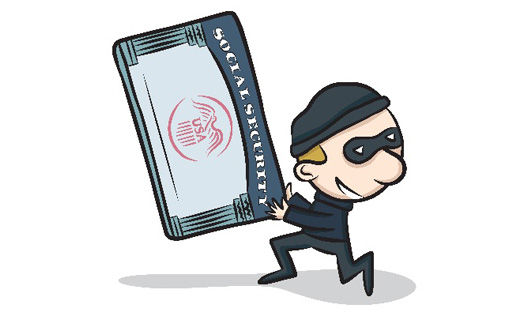
In the wake of leaks or hacks of personal information to credit users and the general public, it’s an unfortunate necessity that you must take on a great deal of responsibility if you want to maintain a healthy and secure credit history. Having your identity compromised is a dangerous situation both for the damage it can cause to your financial situations and credit score, but it could also hold you accountable for even worse if your identity is misused. The best cure for the headache and danger of fraudulent activity is prevention, and to keep your credit clean means to catch and report anything suspicious early. Here are a few ways to be responsible with your open credit cards:
1. Set Up Alerts on Your Cards
It’s as easy as logging onto your online monitoring sites for your credit cards and looking at your settings or profile preferences to be able to set up alerts that’ll keep you in touch with every bit of activity with your personal accounts, with updates sent to personal phone lines and emails. Most even have a specific Fraud Alert for unusual activity on your card, but for that extra caution to catch anything, it’s ideal to set up alerts on all spending and balance activity. This will also keep you up to date on your credit limits as well as have a secondary way to clarify your purchases.
2. Keep a Regular Eye on Your Accounts
Even with alerts active on your personal cards, it’s always a wise idea to have scheduled weekly checkups on all your personal accounts including private checking and savings accounts outside of your credit cards, just to be sure any unprecedented or surprise charges are noticed on your own accord. Doing this with the added benefit of aiming to keep your personal credit card balances under 30% of the limit will help increase your credit scores swimmingly.
Articles
Credit Repair, Los Angeles, CA 91607
3. Secure information to Self
The most serious forms of fraud require some very personal information such as your social security number and various details about your life that should be kept as close your chest as possible, but even if you haven’t actively been robbed or identity documents taken in other manners, there are still ways for someone to get ahold of such information. Defending yourself means thinking of every way you’ve sent out personal information, such as resumes or business cards, and making sure you don’t have anything too personal revealed. If jobs or applications require more intimate details, make sure any extra copies are shredded or disposed of safely. If you have any personal information written down or digitally recorded, make sure they’re in a secure location or not immediately accessible. And even going as far to make sure your wifi or internet access at home is secured and whose password is changed every month, or to not use personal devices on public internet, is a safe bet since cookies or browser history might still contain personal information.
4. If Information Has Been Compromised, Consider Setting Up a Fraud Alert or Freezing Your Credit
While it should be considered the last resort because it ends up requiring extra steps for creditors to check your identity that may require personal interaction with you on a regular basis, setting up a fraud alert with the bureaus for your credit is a free service that’ll monitor the usage of your personal information for credit for three months. If you’re even a proven victim of fraud, the fraud alert can even extend to multiple years in case the culprit tries to reuse the information. The most intense option, however, is to freeze your credit with the credit bureaus to stop new tradelines or accounts from opening with your information until the freeze is personally removed. This option is not free, will require individual calls to Equifax, Experian, and Transunion, and won’t stop charges to be made to current lines of credit if they’re compromised, so it’s only recommended if you’re sure your information has been leaked and if you’re not planning on settling your current credit instead of expanding it.
